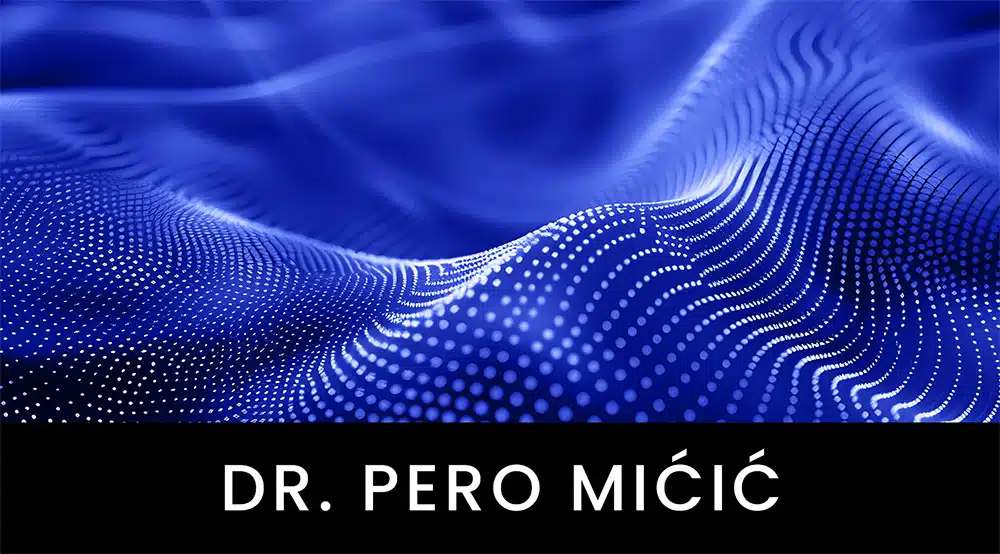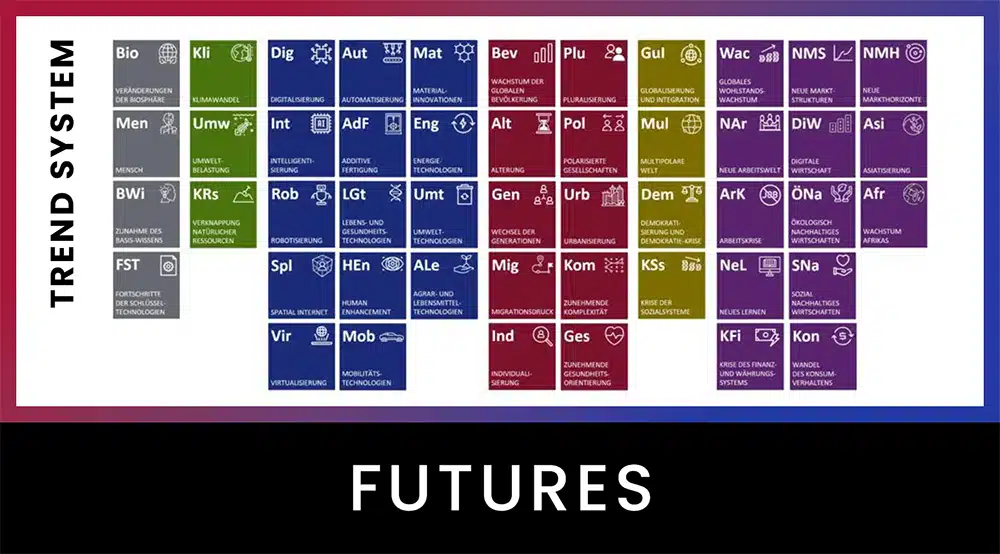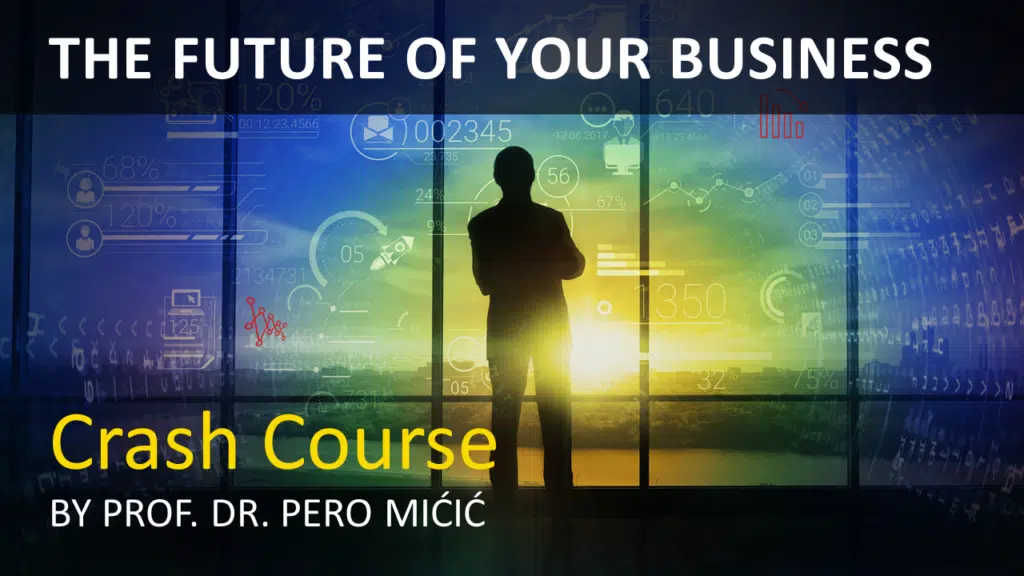Fuád Abuschuscha
Many critics complain that with all this technology and all these systems, the human being could fall by the wayside and that medicine should actually revolve around the human being. This is a fundamentally possible scenario. But it is up to us, the people, whether we allow or even work towards this scenario or whether we use technology to have more time (for the people).
Is this concern justified?
Looking at what has happened so far, there is almost no evidence that you need to worry about this. Quite the opposite. In Rochester (in New York State), for example, the study examined how the introduction of teleconsultation has affected doctor-patient conversations. It was found, and this should be obvious, that physical contacts have decreased. The decline was clearly, if not massively, visible. On the other hand, numerous virtual, presumably much shorter and more targeted conversations were added. So, in sum, the points of contact between the attending physician and the patient have increased. It can be assumed that the on-site investigation was much more limited to where physical contact was really necessary. The parts of the treatment that are primarily about talking and sharing could be done virtually. With the help of this technology, the same doctor is able to talk to more patients overall or spend more time with individual patients.
Follow these links as well:
► The Future Strategy Program for SMEs
► Free video crash course THE FUTURE OF YOUR BUSINESS
► BUSINESS WARGAMING for robust business and future opportunities
► KEYNOTES by Pero Mićić for your employees and customers
Have a bright future!






























